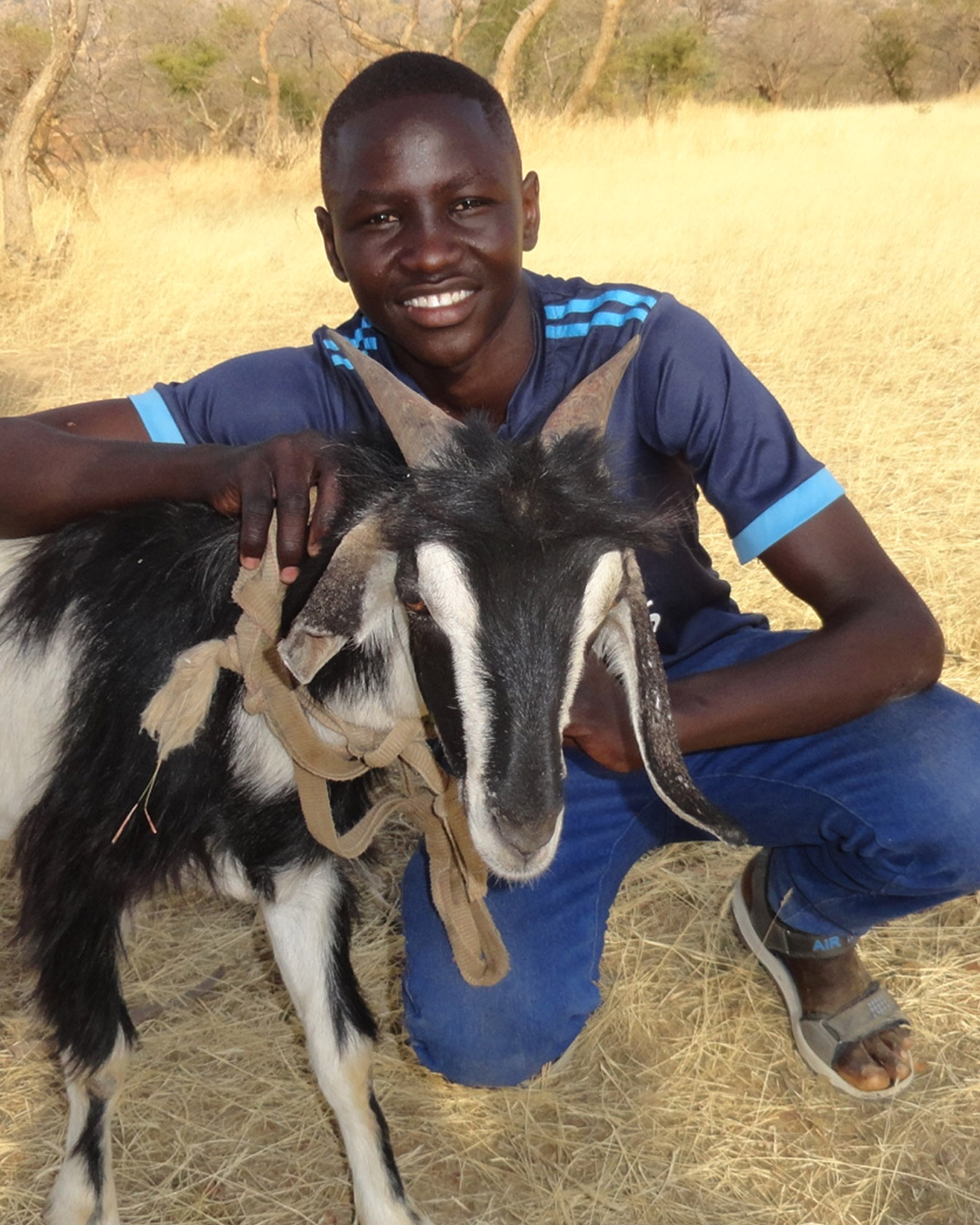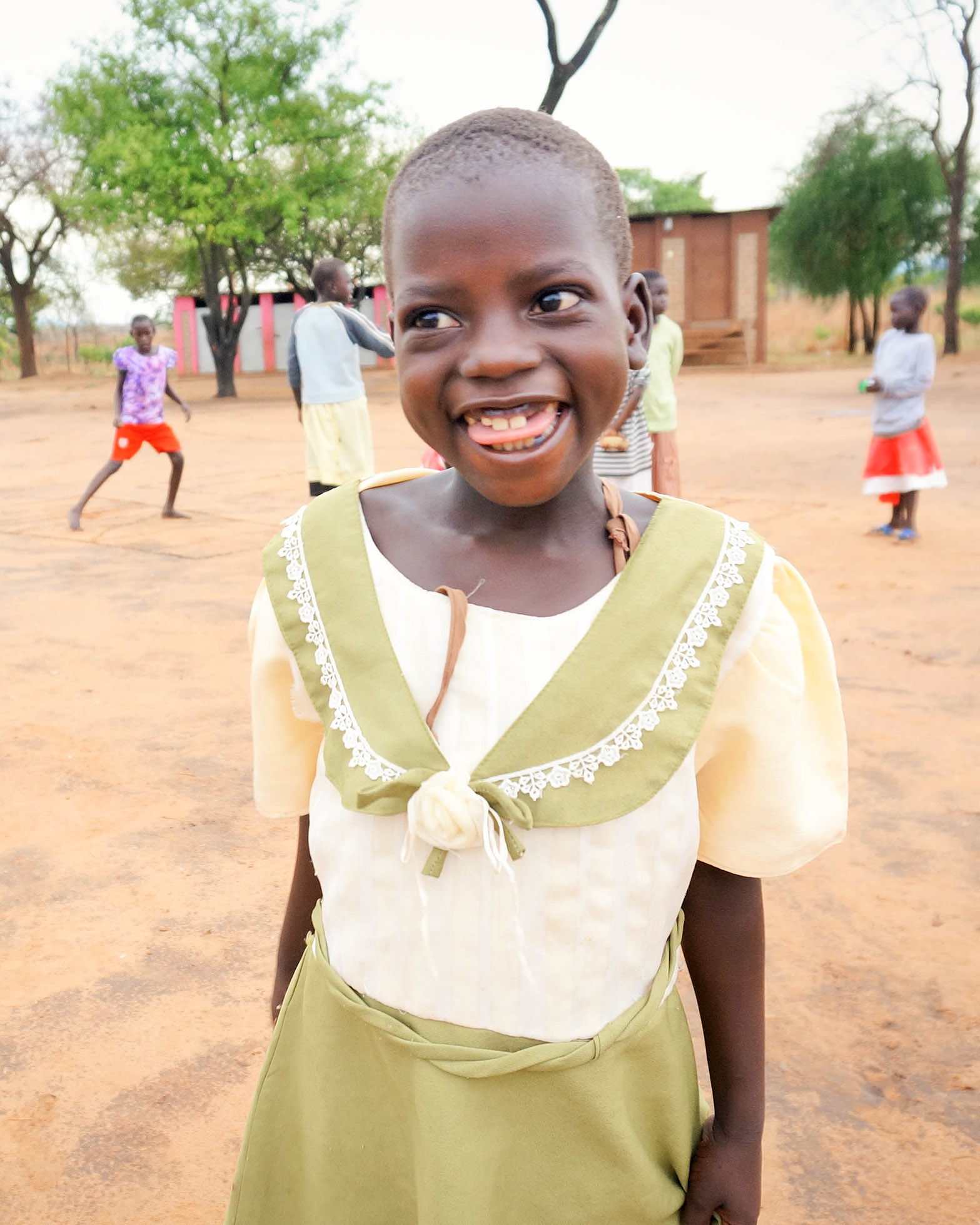To participate in effective change-making in lawless lands, we build partnerships with indigenous directors and their local staff to creatively address the issues affecting those who are vulnerable in culturally appropriate ways.
If the right indigenous leadership is not in place, we do not move forward with initiatives of our own making.
Together, we determine specific steps and strategies to provide consistent, sustainable care for the children and women under our care.
We empower indigenous leaders who utilize their experience, expertise, and resources to care for the vulnerable in their local communities.
All community development and services offered are intimately linked to the indigenous leaders and their innovating visions for what is appropriate in their community and tribe.
We offer significant ‘boots-on-the-ground’ time at each location to deepen trustworthy relationships with these vital human resources who are experts in their field.

New Life Ministry: along the border of Darfur, since 2005
New Life Ministry (NLM) is located in Bahr el Ghazal in South Sudan along the border of Darfur and was established in 2005. A school, safe home, and clinic provide complete care for approximately 600 children, including elementary through high school education.
In 2016, NLM celebrated their first graduating class of seniors and the first high school graduation in the entire region. Many of these students are now studying at universities in South Sudan. NLM also has a vibrant widows ministry that employs and helps stabilize women and former trafficking victims. This ministry is also unique in that they receive orphans from both sides of a decades-long civil war. Darfur and Dinka orphans learn and live side-by-side and begin a long journey of healing, forgiveness, and restoration.
James Lual Atak is the founder and indigenous director of NLM. Read more about James.

Our Father’s Cleft: in the Nuba Mountains of Sudan, since 2011
Our Father’s Cleft (OFC) is located in the Nuba Mountains of Sudan and was established in 2011. The school, safe home, and clinic provide holistic care for nearly 450 children from elementary school through high school. It is located in the most challenging and dangerous area due to civil unrest and lack of infrastructure. OFC provides housing for orphans and vulnerable children who are homeless and at extreme risk to exploitation while providing food, medical care, education, and economic empowerment opportunities for all of the vulnerable children they serve.
Ezekiel Ayub is the indigenous director of OFC. Read more about Ezekiel.


